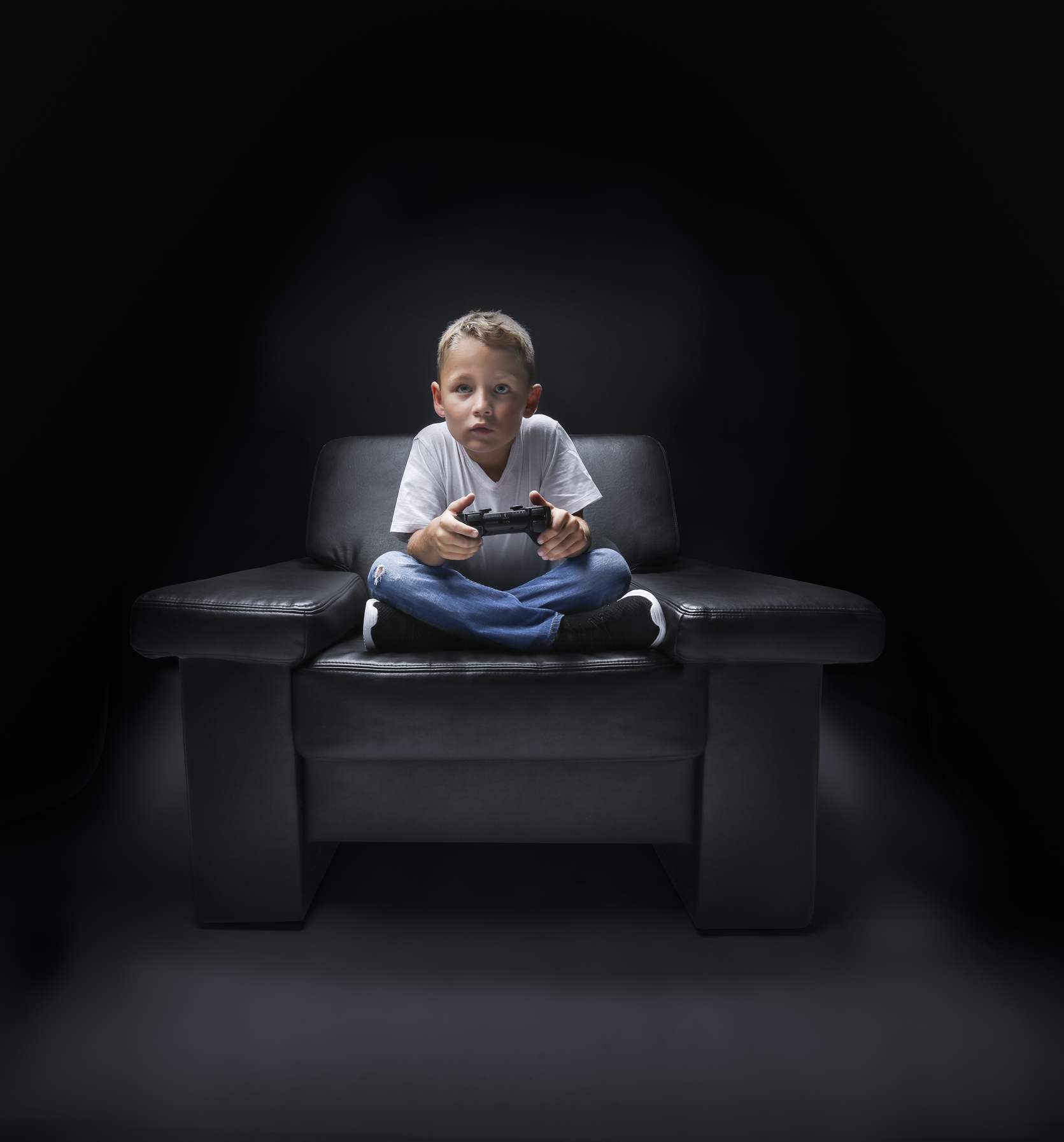Problems with Screen Time Research
When it comes to understanding the effects of screen time on kids (and the rest of us!), we want to know the “truth.” We want to use accurate information to guide our parenting. Facts matter in this world. After all, we wouldn’t want to have surgery to remove our appendix when it is really just indigestion. We wouldn’t want to go to the wrong address to attend a wedding. Our country should not go to war over mistaken intelligence that we are about to be attacked. We don’t want to freak out about the effects of screens if their effects are only mild and transitory. Conversely, we would want to appropriately manage our kids’ screen time if, indeed, some of our worst fears about them were true. Our level of concern about screens should match their level of potential harm.
We’ve all read many alarming headlines about the dangers of screens. As parents, we want to raise our kids to be healthy and happy. Kids are spending a lot of time on screens these days. Oftentimes, kids are viewing questionable content. It is natural that we worry that screen time might be harming our kids. Do they cause more children to become depressed or anxious? Narcissistic? Poor students? Are they as addictive as heroin? Are child predators trying to groom our kids into having sexual relationships at every opportunity? Does playing violent video games cause children to become more aggressive? How much screen time is too much? Kids are on screens now more than ever due to this pandemic. Should we worry about this?
The Effects Of Sceens? It’s Complicated!
There’s a tendency to want to know THE answer to questions about how screens are affecting our kids. However, truth is elusive in this world. When it comes to the effects of screens on kids, it is really complicated! The number of variables boggles the mind, which is why we there can’t be one simple answer.
Even when asking how much screen time is too much, we can see how complicated this is. How much screen time is too much when it is pornography viewed by a 5-year-old? The right answer here is anything above zero! However, how much time can a teen spend per day creating an app that helps people more easily donate to charities? In this case, we might say she could work on such a project 5 -7 hours per day before suffering ill-effects (e.g., from sleep loss, lack of physical activity, not spending time in person with friends). Even then, the long-term benefits of the creation of such an app might overshadow the transitory ill-effects of temporary sleep loss.
Two Fundamental Problems with Screen Time Research
Problem #1
While there are many challenges of conducting good research on the effects of screens, there are two in particular that I’d like to discuss here. One, most of the research is correlational. That is, researchers ask people how much time they spend on the screen and then this time is correlated with various measures of mood (e.g., depression, anxiety), sleep, academic performance, etc. However, correlational doesn’t mean causation. Not all studies even find correlations between screen time and ill-effects. However, even for the ones that do, it might not be the case that a lot of time spent on social media causes teens to be more depressed but that depressed teens are more likely to spend a lot of time on social media. Alternatively, it might be that teens who are spending a lot of time on screens are suffering from sleep deprivation. The sleep deprivation, in turn, might be what contributes to problems in mood or academic performance and not the screen time per se.
Problem #2
Perhaps even a more important limitation on the research on screen time effects is that most of the findings are based on self-reported screen time. That is, kids (and adults) would retrospectively answer questions about how often they spent on screens, on social media, playing video games, watching YouTube, etc. This assumes that people can accurately report the amount of time they are spending on screens. It turns out, that retrospective self-reports of screen use are not highly correlated with device-logged screen time. This means that all of the studies which used self-reported screen time as the measure are not valid. Now, this doesn’t mean that all of those research findings were wrong per se.
The implications of these findings cannot be underestimated. If we don’t have an accurate measurement of screen time to begin with, then we cannot say anything about the effects that these screens are having in these studies – positive or negative. This means that so many of the alarming headlines about the effects of screens might be flat-out wrong…or at least unsubstantiated. We cannot have any confidence in the findings or conclusions in studies that used self-reported screen time as a measure unless such studies were conducted with a more reliable and accurate measure of actual screen time.
The Takeaway?
We should have concerns as parents about how screens are affecting our kids. However, we do want to be informed so that we can make skillful decisions as parents. We want to avoid panicking, because that doesn’t do anyone any good.
Instead, our best bet is to set reasonable limits and trust your parenting. Aim for “good enough” parenting. Many of the concerns we have as parents come out in the wash. The best thing we can do as parents is trying to have a positive relationship with our kids. So, instead of focusing on managing the many nuances of their screen time, we should invest time in building and maintaining strong relationships with our kids. We can’t go wrong with that.

